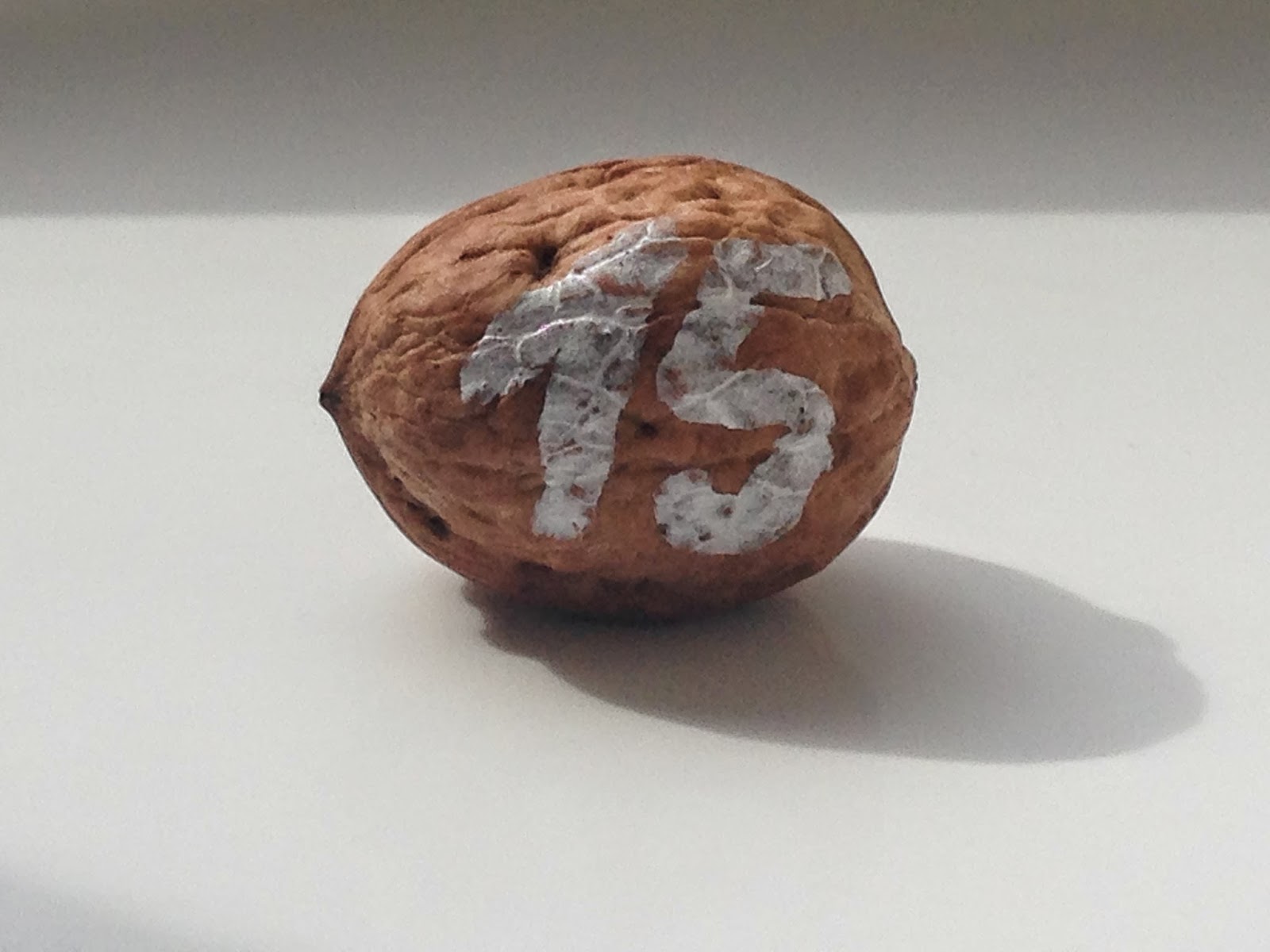A short walk from the Croatian
parliament is the Museum of Broken Relationships. Zagreb’s quirkiest museum
displays countless artefacts donated by couples from around the world symbolizing
the end of their love. The results of Sunday’s elections to the European Parliament
may make the long-standing political parties in Croatia and their voters
suitable for exhibition.
Saturday, 24 May 2014
Tuesday, 20 May 2014
Notes on the ‘Worthless Dowry’ of Soviet Industrial Modernity
By Dr. Jeremy Morris
The
monotown, or ‘town-forming enterprise’, was, and remains a key organisation of
urban space in the former Soviet Union. Bound up with such a specifically
socialist-conception of space is a host of social and cultural signifiers
relating to class, kinship, social networks, local identity, and more.
Friday, 16 May 2014
Could Russia Repeat a Ukraine Scenario in Belarus?
By Dr. Matthew Frear
Russia’s
intervention in Ukraine has often been justified in terms of defending the
interests of ethnic Russians. According to the 2009 national census, almost 800,000 Russians live in
Belarus – 8.3% of the population. As the titular nationality, Belarusians are
actually in quite a strong position – ethnic Belarusians make up a larger
proportion of the population of Belarus than Ukrainians do in Ukraine or
Russians do in the Russian Federation.
There are
less Russians in Belarus than Ukraine as a proportion of population, but more
Russian speakers. Based on the 2009 census again, Russian is the mother tongue
of 41.5% of the population, but the language of convenience commonly used at
home for 70% of the population. Russian is already an official language
alongside Belarusian however, and it would be difficult to claim that rights of
Russian speakers are being suppressed.
Saturday, 10 May 2014
Can the CIS Survive the Ukraine Crisis?
By Dr. Rilka Dragneva
The death of the Commonwealth of Independent States (CIS) has been foretold many times during its history of (now) more than 20 years. Dissatisfaction with its weak and confusing institutional structure and a failure to promote effective regional integration has become an almost permanent background to its existence. Despite the remarkable resilience of the CIS, there are several signs suggesting that the current crisis is more fundamental and extreme than previous shake-ups.
Firstly, the present crisis focuses on a founding member of the CIS, Ukraine. It is important to remember that the very CIS formula came into being at the secret Belovezhskaia Pushcha meeting between Presidents Yeltsin, Kravchuk and Shushkevich of 8 December 1991 in order to accommodate Ukraine’s refusal to participate in a reformed Union,[i] and was very much ‘thrust upon’ the other former Soviet republics. Arguably, Ukraine was instrumental in shaping the design and ultimately the limits of the CIS in its gradual institutionalisation in the early 1990s. It did not sign the Charter of the CIS in January 1993 but took an active role in its drafting and, as President Kravchuk stated, considered itself a ‘member of the CIS, actively participating in its improvement’.[ii]
Subscribe to:
Comments (Atom)

